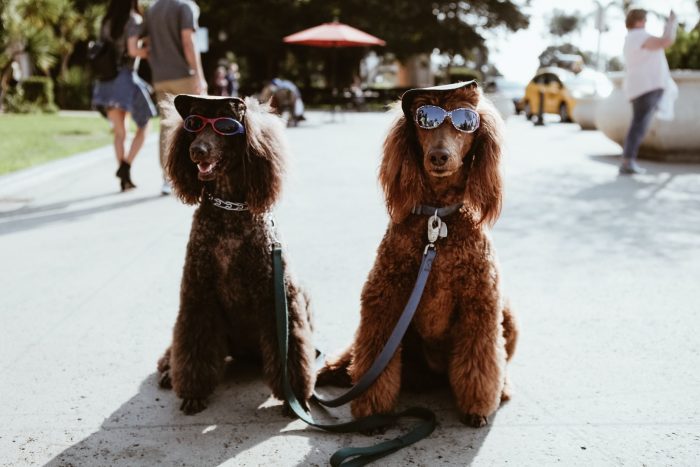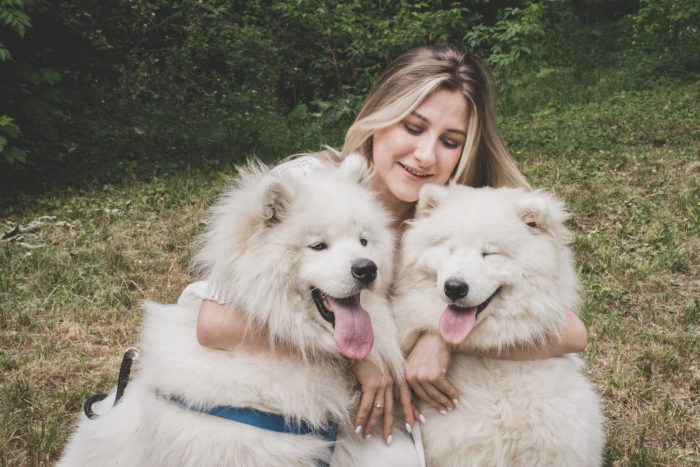
Recent research into the science behind puppy dog eyes explored on new BBC two-part documentary, Dog Tales: The Making of Man’s Best Friend. The documentary looks at the evolution from wolves to the dog breeds around today. But it more specifically looks into the dog and human relationship which is different from our relationship with other species.
The domestic dog has been around for about 30,000 years, wherever we have gone they have gone with us. In this documentary, scientists reveal new clues about canine intelligence.
Throughout time, humanity has long questioned why dogs are such loyal companions and can they truly understand us? Do they love us, or is it just about food?

The research was led by Juliane Kaminski, Director of the Dog Cognition Centre at the University of Portsmouth looked at the facial movement of dogs, ‘puppy dog eyes’.
“One hypothesis is that the movement resembles a look humans produce when we are sad, triggering a nurturing response in us, meaning we gave them more food, we gave them more love and they had a better chance of having puppies and surviving.”
“Is it a movement that dogs produce with each other or is it reserved for human-dog interactions? Are dogs raising their eyebrows to each other, and if so why? If only to us, why only to us? Dogs are historically a large, potentially dangerous predator that we allow into our homes… Something must have changed to prompt us to trust and care for them, and we believe this muscle plays a role.”
Although as humans we take for granted is how dogs respond to our gestures, according to Professor Kaminski for example, if we point somewhere to tell them to fetch or sit.
“They are more receptive to our communication than other species, because they understand that we are a relevant social partner for them.”
The research concluded what some dog lovers have suspected, dogs act cute and helpless in a bid to manipulate us. Although they do have a unique way of reacting to the human connection which even chimpanzees, humans closest relatives do not have.